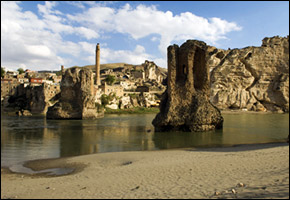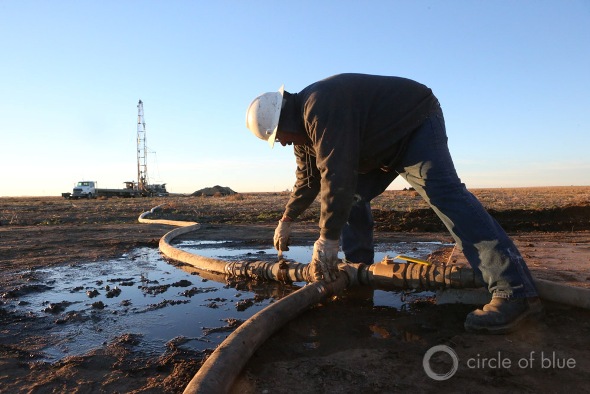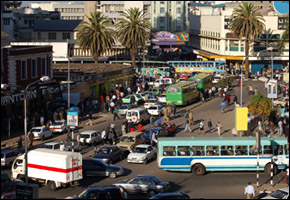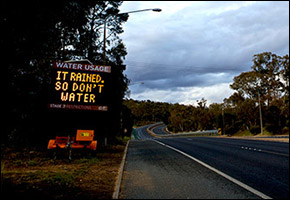Despite Historic, Ecological and International Concerns, Turkey Vows Dam Construction

Turkey’s government announced Wednesday its plans to continue the construction of the controversial Ilisu hydroelectric dam in the underdeveloped southeastern Anatolia despite concerns over the infrastructure’s effect on the environment, the population and the archaeological remains in the area.
Turkey’s environment minister Veysel Eroglu said during a news conference that the building of the dam on the Tigris River could resume after July 6, when a six-month funding suspension on the construction is due to expire. In December 2008, the German, Swiss and Austrian underwriters of the 1.2 billion Euro project froze the finances amid fears that the dam did not meet 150 World Bank conditions on the environment, heritage sites, relocation and neighboring states.
Throughout its history, the project has attracted vocal criticism from environmentalists, who argue that the construction would destroy up to 80 towns, villages and hamlets and would displace somewhere between 50,000 and 80,000 people. Critics have also pointed out the dam’s negative effect on water supply in drought-stricken Iraq, which lies farther downstream and often demands more water from its upstream neighbors.
Adding to the controversy, historians and archaeologists fear for the fate of the ancient town of Hasankeyf, most of which, they say, might be swallowed up by water.
But Eroglu said that the Turkish government has taken steps to ensure sufficient funding for the project’s completion and for meeting the environmental and social standards under question.
First planned in 1980s, the 1,200 megawatt Ilisu Dam is an important part of Turkey’s ambitions to ease its dependence on foreign gas imports for energy generation. It also hopes to boost the economy of the impoverished southeastern part of the country. If completed according to plan –- in 2013 -– the power station will supply the region with some 3.8 billion kilowatt hours of electricity per year.
Read more here, here and here.
Sources: Reuters, The Guardian, Today’s Zaman
, a Bulgaria native, is a Chicago-based reporter for Circle of Blue. She co-writes The Stream, a daily digest of international water news trends.
Interests: Europe, China, Environmental Policy, International Security.









Leave a Reply
Want to join the discussion?Feel free to contribute!